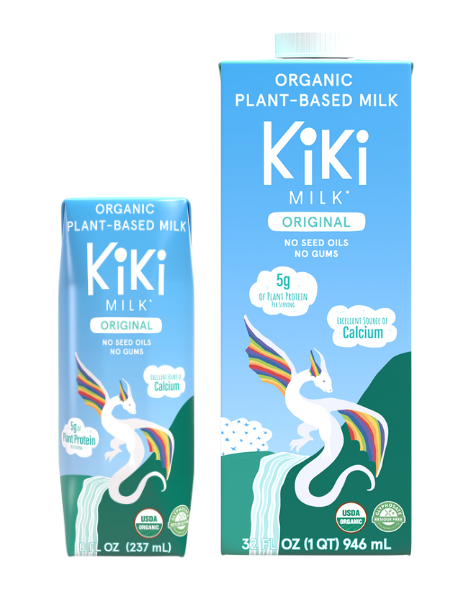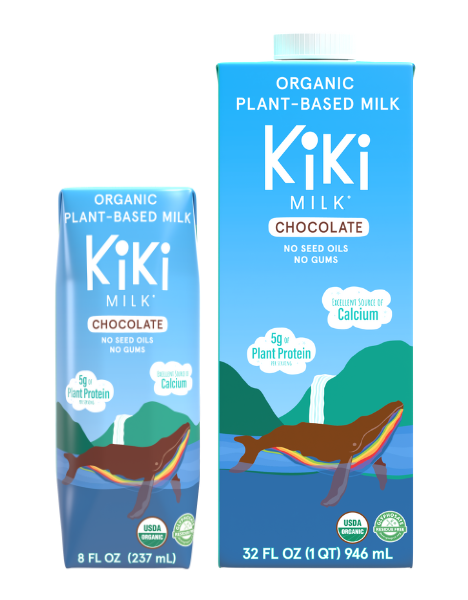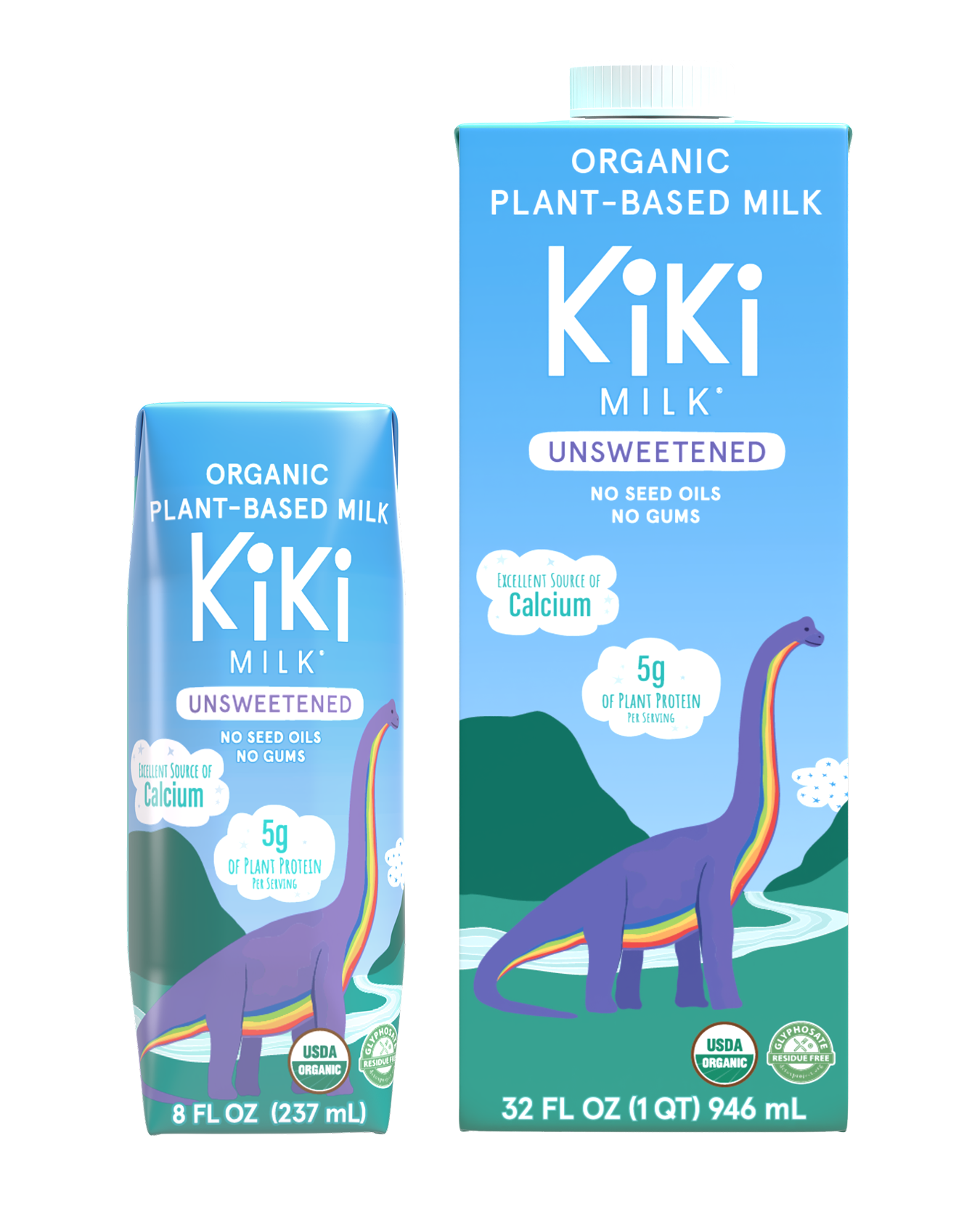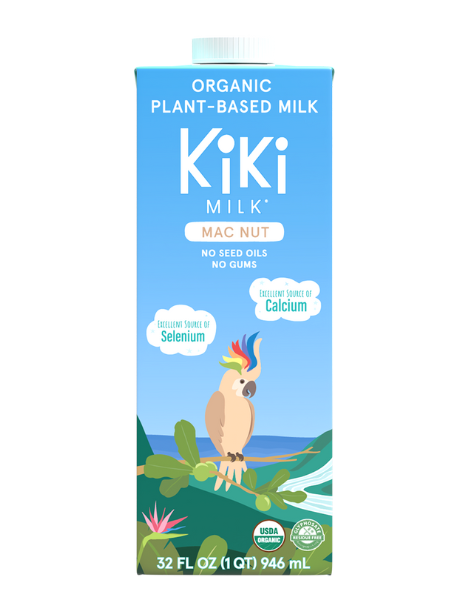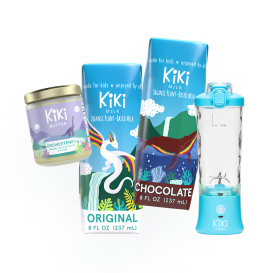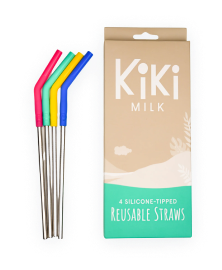What are seed oils?
Seed oils are oils extracted from — you guessed it — the seeds of various plants. They are commonly added to processed food and beverages to enhance taste & texture, extend shelf life, and reduce production costs.
Why do we avoid seed oils?
👉 Seed oils are typically highly processed, which strips them of beneficial nutrients and antioxidants.
👉 Many seed oils have a high omega-6 to omega-3 ratio, which, when imbalanced, can lead to inflammation and health issues.
👉 Some seed oils, such as soybean oil, are common allergens, posing risks for sensitive individuals.
👉 From an environmental standpoint, seed oils are associated with deforestation, monoculture farming, and water pollution.
*It's important to note that all seed oils are not created equal and some are better than others. For example, cold-pressed oils keep more nutrients, but they can cost more.
What are some common seed oils?
🌻 Sunflower Oil
Extracted from sunflower seeds, sunflower oil is a common cooking oil known for its mild flavor and high smoke point. It is highly processed, low in nutritional value, and can potentially contain harmful trans fats.
🌼 Safflower Oil
Safflower oil is obtained from the seeds of the safflower plant and is often used in cooking and as a dietary supplement. While it is high in linoleic acid, an omega-6 fatty acid believed to offer various health benefits, excess consumption can lead to an imbalance of omega-6 and omega-3 fatty acids, which can contribute to inflammation and other health issues.
🔹 Canola Oil
Canola oil is derived from the seeds of the canola plant. It is low in saturated fat and high in monounsaturated fats, making it a healthier option for cooking. However, some concerns arise from the fact that much of the canola grown today is genetically modified, and there may be environmental concerns related to its production.
🔺 Rapeseed Oil
Similar to canola oil, rapeseed oil is extracted from the seeds of the rapeseed plant. It has a high erucic acid content, which can be harmful to health when consumed in large quantities. However, modern varieties of rapeseed have been bred to contain lower levels of erucic acid, producing what is now known as canola oil.
Other Oils To Look Out For 👉 Vegetable Oils
🫴 Palm Oil
A type of vegetable oil derived from the fruit of oil palm trees, primarily grown in tropical regions such as Indonesia and Malaysia. The harvesting of palm oil is associated with deforestation, habitat destruction, and negative impacts on endangered species like orangutans.
🔻 Soybean Oil
Extracted from soybeans, soybean oil is one of the most widely consumed vegetable oils worldwide. While it is high in polyunsaturated fats, including omega-6 fatty acids, excessive consumption may contribute to inflammation and other health issues. Additionally, much of the soy grown for oil production is genetically modified, raising environmental and health concerns for some consumers.
How can you avoid seed oils?
The best way to avoid seed oils is to inspect ingredient lists 🕵️ 🔎.

Disclaimer: The information provided in this email is intended for educational purposes only. It is not intended to be a substitute for professional medical advice, diagnosis, or treatment. Always seek the advice of your physician or other qualified health provider with any questions you may have regarding a medical condition.
